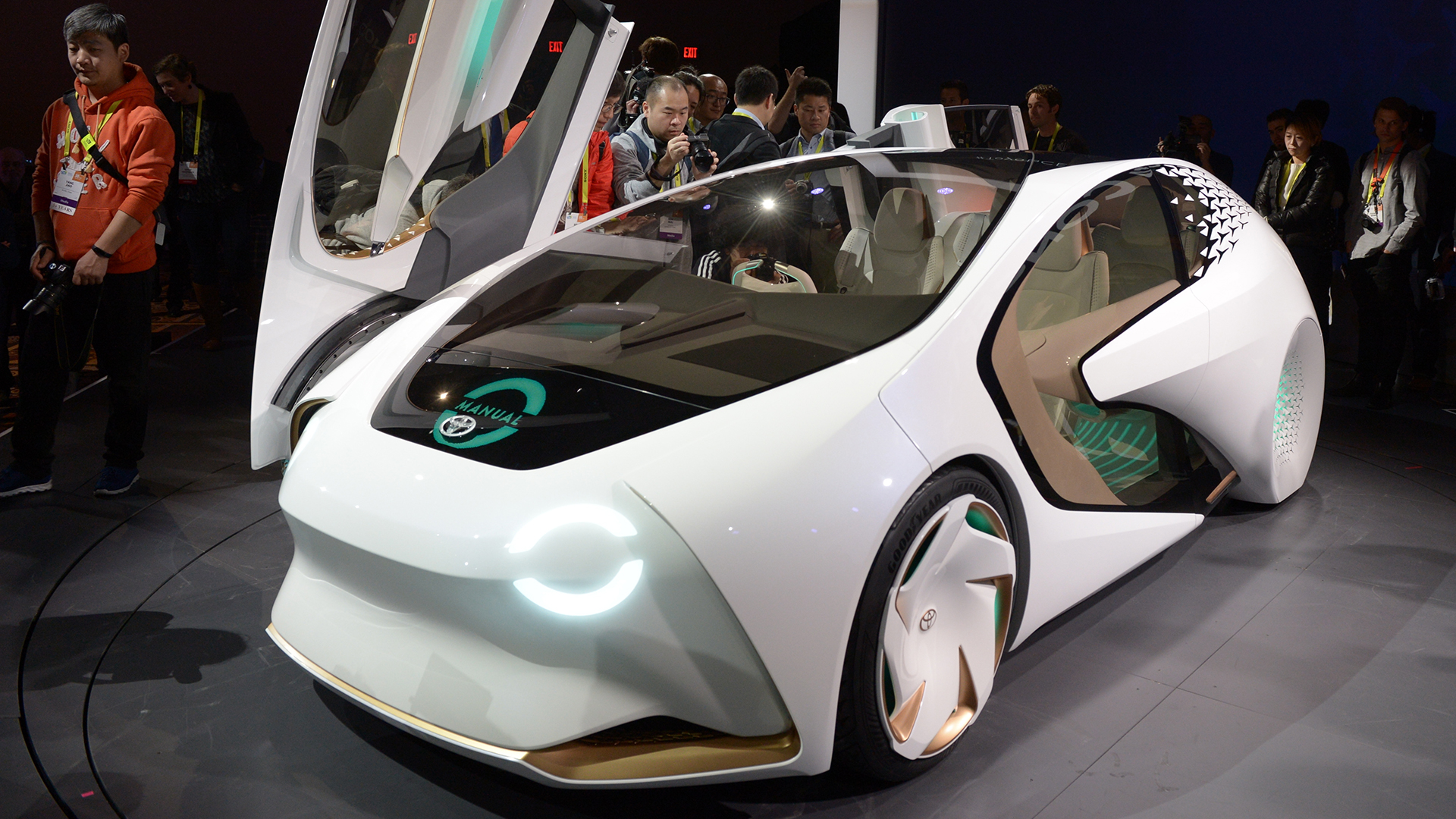

Many automakers are promising self-driving cars that will be connected in some way to ride-sharing services. But how will all of those cars, and the payments users make to access them, be coordinated? Toyota is exploring one possible answer. Through its Toyota Research Institute, the Japanese automaker is partnering with the MIT Media Lab and several other entities to apply blockchain technology to self-driving cars.
Blockchain technology distributes data transmissions over a network of independent computers, known as a distributed ledger. It’s what powers the digital currency Bitcoin. Toyota believes this sort of network could serve as a secure conduit for everything from autonomous vehicle testing data to ride-share transactions to vehicle-use data for insurance companies. The advantages of blockchain include increased transparency among users, reduced risk of fraud, and elimination of the costs associated with using a third-party network for data transmissions.
While blockchain for autonomous cars is still just a vague concept, Toyota is already outlining potential consumer benefits. With a blockchain network, individuals could share and monetize their driving data, the company says. As with other consumer products, customer data from cars is a potentially valuable commodity, as companies would love to use it to gain insight into consumer preferences. In addition to selling their data (and their privacy along with it), customers could also rent out rides or cargo space in their vehicles or even the vehicles themselves, according to Toyota.
In his updated “master plan” for Tesla, Elon Musk proposed a ride-sharing service that would allow Tesla owners to rent out their self-driving cars. But this is the first time an automaker has discussed the infrastructure for coordinating the large number of transactions such a service would generate.
Finally, access to driving data could lead to insurance companies granting more discounts for safe driving habits, Toyota believes. In this scenario, a blockchain network would essentially be a more expansive version of the “dongles” some insurance companies give customers to plug into their cars’ OBD II ports to monitor driving habits. As with the sale of driving data, the issue here is whether customers would be willing to sacrifice some privacy for financial benefit.
For the moment, this is all academic. Blockchain technology for self-driving cars is still in the research stage, as are the self-driving cars themselves. Currently, the Toyota Research Institute is working with BigchainDB, Oaken Innovations, Commuterz, and Gem to develop different aspects of the technology. Other Toyota corporate divisions, including Toyota Financial Services and Toyota Insurance Management Solutions, are involved as well.
Where all of this will lead is unclear, but if self-driving cars really do usher in a transportation revolution, infrastructure for ride-share payments and data will likely be a big part of it.